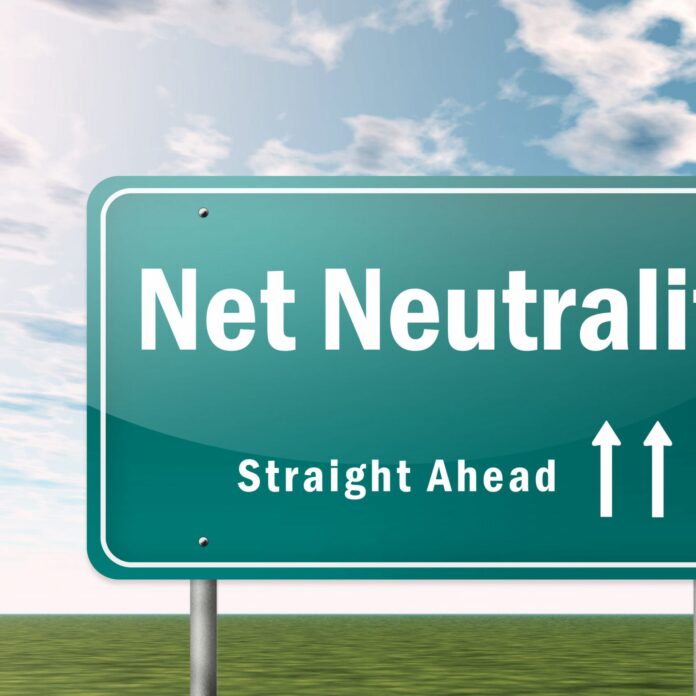Argument that FCC has essentially reclassified VoIP services
WASHINGTON – Net neutrality is rapidly becoming an issue that is very good for lawyers. On June 8, TechFreedom, CARI.net and self-described leading Internet entrepreneurs Jeff Pulver, Scott Banister, Charles Giancarlo, David Frankel and Wendell Brown filed suit against the Federal Communications Commission’s Open Internet Order.
For those keeping count, that makes eight lawsuits filed against the FCC as the aforementioned groups join with trade lobby CTIA, AT&T and Verizon in trying to get the federal courts to squash the Open Internet Order released in February by the FCC.
Ben Szoka, president of TechFreedom, said in a statement that, “The FCC’s blanket ban on paid prioritization will harm us and all other users of cloud-based services, such as Skype, Google Docs, and UStream. Paid prioritization could mitigate latency, jitter and other user-experience problems associated especially with VoIP and video live streaming. But without the ability to pay for such prioritization, these services will be under-supplied by the market, and broadband providers will under-invest in that capability.”
TechFreedom, founded in 2010, describes itself as “a non-profit, non-partisan tax-exempt think tank dedicated to educating policymakers, the media and the public about Internet policy.”
TechFreedom’s argument is basically that any kind of government regulation for telecommunications is bad. Despite describing itself as non-partisan, TechFreedom is one of a number of D.C. lobbying groups, which has ties to libertarian ideology and organizations.
Szoka was previously a senior fellow at The Progress and Freedom Foundation, a market-oriented think tank that studies the impact of digital technology as it relates to public policy.
In regard to net neutrality, Szoka argues, “The FCC is casting aside a long-standing policy that insulated VoIP services from heavy-handed Title II regulation. Vonage co-founder and VoIP pioneer Jeff Pulver spent 10 years lobbying the FCC to declare VoIP a Title I information service. In 2004, he finally succeeded in getting the FCC to do just that in the ‘Pulver Order.’ This was a landmark decision, given that analog voice telephony is the quintessential Title II service. But buried in the Open Internet Order’s justification for reclassifying wireless services is a single paragraph that effectively revokes the Pulver Order. By equating IP addresses and telephone numbers, the FCC has effectively reclassified VoIP. Indeed, it may just be a matter of time before the FCC explicitly extends Title II to all so-called ‘edge’ services, given that they all rely on IP addresses. This will be a disaster for consumers: Title II has always been a recipe for stagnation.”
Trade group US Telecom Association, which represents carriers Verizon and AT&T among others, has also filed suit against the FCC’s Open Internet Order. That move came less than 12 hours after the document was published in the Federal Register.
US Telecom President Walter McCormick said in a statement: “In challenging the legality of the FCC’s Open Internet order, US Telecom believes the FCC used the wrong approach to implementing net neutrality standards, which our industry supports and incorporates into everyday business practice.”
The challenge was filed in the U.S. Court of Appeals for the District of Columbia.
The appeal is challenging the “unjustifiable shift backward to common carrier regulation after more than a decade of significantly expanded broadband access and services for consumers under light-touch regulation,” McCormick said.

